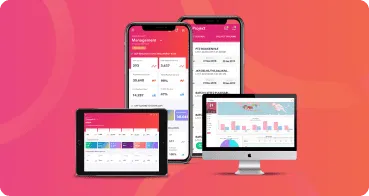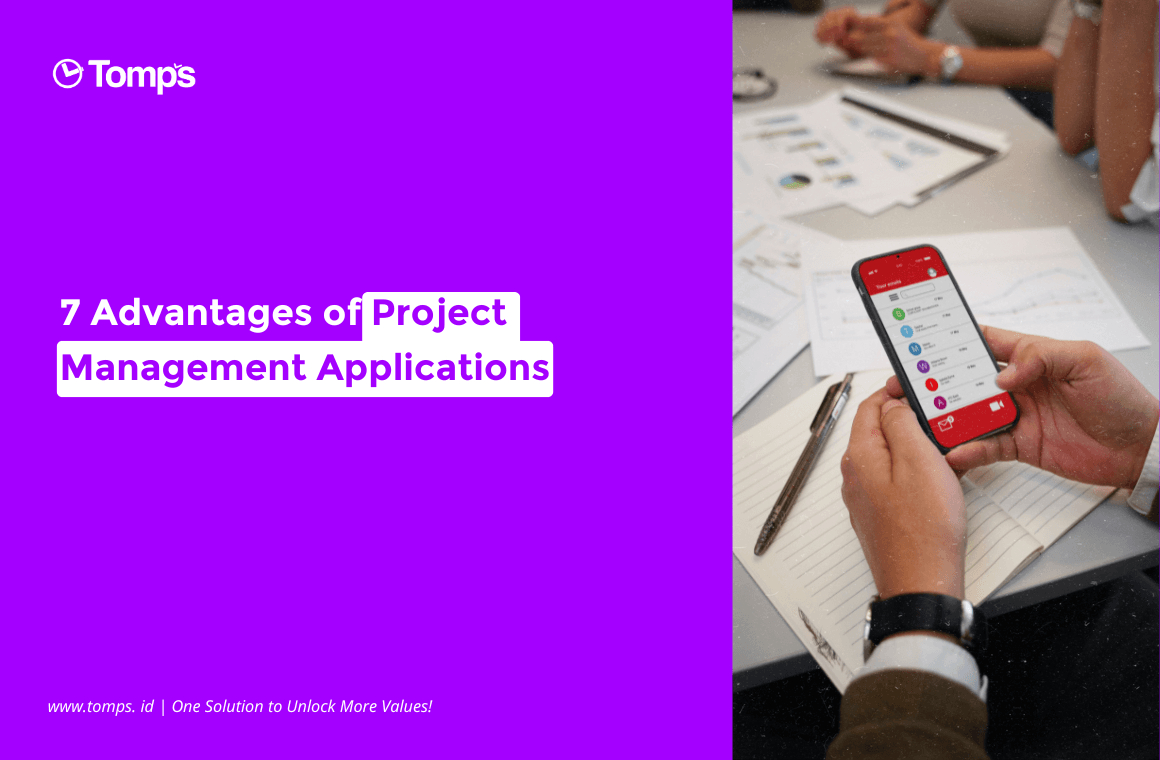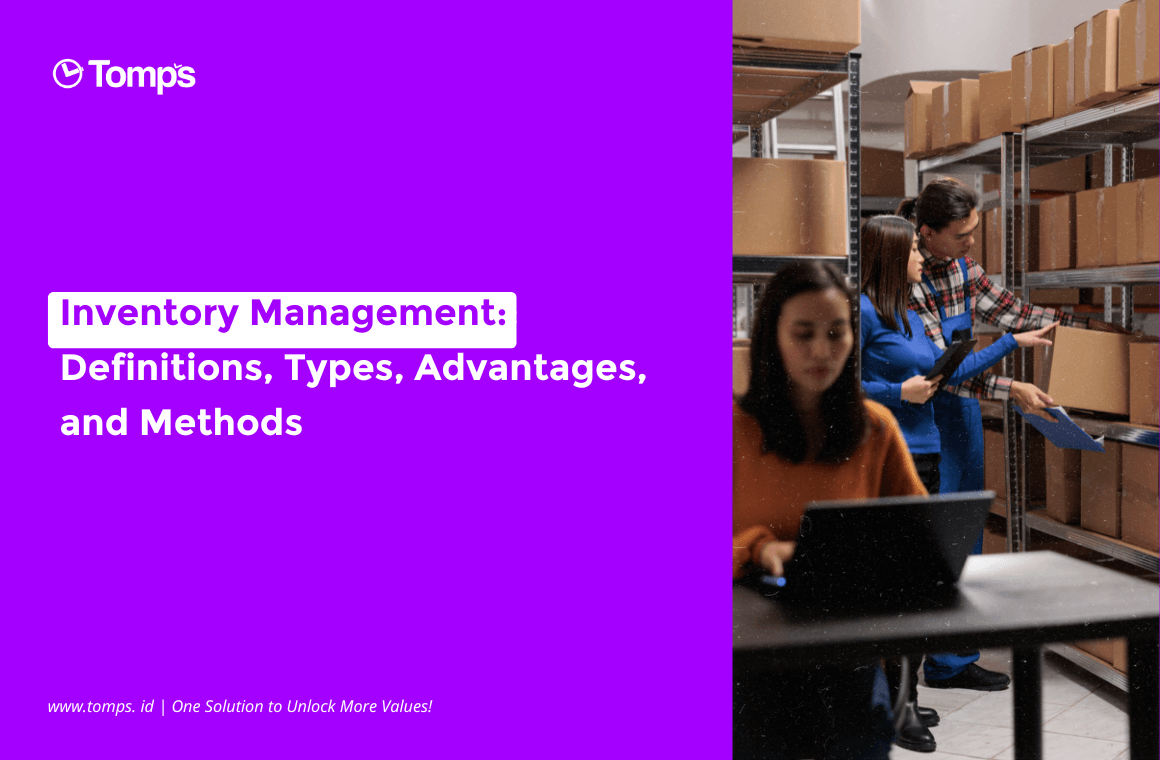The project manager can be likened to the pilot of an airplane. He can take the plane comfortably without a hard landing, or take you to a less pleasant landing. Appearing as the spearhead of a project, do you know what the project manager’s responsibilities are?
Project Manager Definition
A project manager is someone who is given the responsibility to implement the project management strategy to achieve the project objectives. This is in line with the definition of a project manager according to the Project Management Body of Knowledge Guide (PMBOK Guide), which is someone who is responsible for managing a project. In simple terms, the project manager is the leader of a project.
The project manager has an important role to handle the stability of your project. Therefore, it is important to make sure the project manager you choose is really reliable to bring the project running in the best possible way. Imagine if you recruited a project manager whose specifications were on a construction project, but you placed it on an information technology project. Also imagine if the project manager you choose doesn’t have enough leadership skills, business analysis, and good technical skills.
Project Manager Duties and Responsibilities
The project manager has several essential duties and responsibilities. Starting from making plans, allocating teams, making risk mitigation, to making various complex reports for stakeholders. Here are 7 project manager responsibilities :
1. Create a Project Plan
Making detailed plans is the most basic thing for a strategy on the project. Starting from determining the budget, scope, timeline, and resources, to the main goals to be achieved.
2. Allocating Work to Teams
A great project manager exists because of a great team beside him. A good project manager will place the team members relevant to the project requirements according to their specifications. The determination of the task unit and the responsible team must be made clear to avoid misunderstandings when it has entered the execution stage. After the project is running, the project manager must also control the progress of work and team performance so that it is always on track.
3. Establish Effective Team Communication
Communication to convey various information must be clear and effective so that it can be understood by the whole team. Effective communication is essential to increase productivity and team spirit. This communication can include task lists, schedules, and deadlines that the entire team must understand and work on. Imagine if you have an uncommunicative project manager. This can certainly disrupt the rhythm of teamwork and reduce the success of the project, right?
4. Doing Budget Calculations
Before starting a project, the project owner and project manager must have determined the required budget for the project being worked on. However, budget calculations often miss the pre-production and execution stages. In addition, the chance of a cost overrun is also very high, especially if the environment around the project changes unpredictably. Therefore, the project manager must carefully monitor the use of the budget they have and can ensure that the budget is estimated correctly.
5. Mitigation of Problems and Crisis
This is where the project manager’s dexterity in handling problems and controlling crises is tested. To anticipate this, the project manager must plan for problems and crises from the pre-production stage of the project. Carrying out risk management from the planning stage is a must for all project managers.
6. Monitoring Project Progress Based on Blueprint
A blueprint is a detailed framework that forms the basis for policy-making which includes setting goals and objectives, formulating strategies, implementing programs, and focusing on activities as well as steps or implementation that must be carried out. If during the project execution there are things that change or deviate from the blueprint, then the project manager is tasked with communicating it to the relevant team so that their work is back on the track. However, if the change must be made for one reason or another, then this must be adjusted by reallocating work units based on existing resources.
7. Reporting for Stakeholders
Apart from you and your team, stakeholders certainly need reports to check the progress of the project. This report usually contains detailed information about the status of the project’s progress, the obstacles faced, to the amount of the absorbed budget. In the project closure stage, this report will be collected by the project manager and archived after obtaining approval from the relevant parties. In the future, this report will be useful as a reference for project managers when assigned to similar projects.
How to Become a Reliable Project Manager?
1. Good at Making Decisions
Have you ever had a hard time making a decision? If so, then it means that you have to seriously hone this important skill. One way to make the best decision is to have complete data. By having complete and strong data, you can easily read what kind of situation is happening.
Unfortunately, project data is often scattered and confuses the project manager. If you have this, how can you make the best decision?
One of the best ways to solve this problem is to start using an integrated project supervision system, a project management software. The use of these project management software features will later be able to assist you in archiving documents, creating a project timeline and Work Breakdown Structure (WBS), monitoring team activities and performance, to budget absorption reports more easily, transparently, collaboratively, and efficiently.
2. Communicate Effectively
Effective communication is essential to increase productivity and team spirit. Imagine if you as a project manager gave work instructions in a language that was difficult to understand and ineffective, of course, it could interfere with operational and relational activities.
3. Be Observant in Identifying Team Member’s Skills
In a project, a project manager must work closely with the team. Where the personality and skills of each member of the team are certainly different. This is what you must then be aware of or identify.
You as a project leader must be able to carefully identify the strengths, weaknesses, and even the nature and interpersonal relationships of members of the team to arrange work patterns that suit them.
This is important because the placement of members in a team or job desk that is not right with them will make the productivity of project work less than optimal. To overcome this, you can conduct training, seminars, and team-building activities together so that members gain new skills and make work relationships within the team more positive.
4. Have a Macro Management Viewpoint
There are many cases where the project manager sees the project he is running only from a micromanagement point of view. In fact, you should be able to make a big picture of the work pattern of the large project he is controlling, or from a macro-management point of view or a helicopter view. If this is the case, the project manager will usually focus more on problems that occur in individuals or team members and control too much how the team members work. This will eventually make the project manager lose the big picture of how the work pattern of a team should work.
5. Actively Control Project Progress
When you become a project manager, you are responsible for controlling work schedules, documenting project data, monitoring budget usage, and monitoring work progress according to deadlines. Unfortunately, project managers often find it difficult to control it all in traditional ways that require a lot of physical files. Luckily, Tomps can make it easy to monitor all of the above project manager responsibilities in just one supervision dashboard.
We understand that projects are complex things. As a solution for easier project management, Tomps presents as a mobile and web-based project management tool. The need for more optimal quality and effectiveness of project management Tomps presents through smart features for the various types of projects you manage.
Know all project progress in real-time, accurately, and transparently. Experience more optimal business growth with better project management with Tomps!







